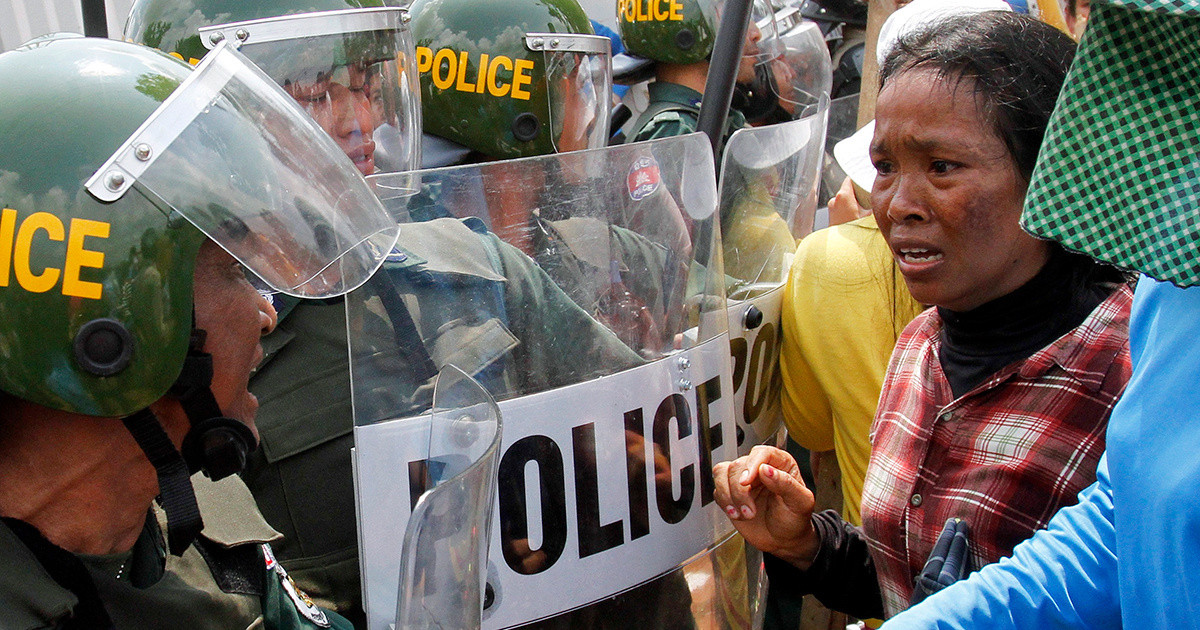Nike Repeatedly Raised Concerns About Repression in Cambodia. It Expanded Its Factory Workforce There Anyway.
3 minute readPublished: Thursday, May 29, 2025 at 9:00 am

Nike's Cambodian Expansion Amidst Labor Concerns: A ProPublica Investigation
ProPublica reports on the complex relationship between Nike and Cambodia, highlighting the athletic apparel giant's growing presence in a country grappling with labor rights violations and political repression. While Nike's contract workforce in Cambodia has surged, from approximately 16,000 workers in 2013 to over 57,000 today, concerns persist regarding worker safety and freedom.
The investigation details instances where Cambodian police used force against garment workers, including a reported miscarriage due to the use of stun batons. In response, Nike has repeatedly expressed "concern" through letters and meetings with government officials. However, despite these expressions, the company's expansion in Cambodia has continued, even as the country's human rights record deteriorates.
Labor leaders have faced imprisonment, journalists have been silenced, and independent media outlets have been shut down. Nike's code of conduct recognizes workers' rights to join unions, but the reality on the ground paints a different picture. Critics, including Cornell University's Global Labor Institute, argue that Nike's actions speak louder than its words, with purchase orders carrying more weight than expressions of concern.
The Cambodian government, under the leadership of Hun Sen, has been accused of suppressing dissent and limiting union activities. While some improvements, such as wage increases, have been achieved, the overall environment remains challenging for workers. Nike has stated it continues to engage with stakeholders to address these issues, but has not directly addressed its expansion in the face of these concerns.
BNN's Perspective: This investigation raises important questions about corporate responsibility and the balance between economic interests and ethical considerations. While Nike's presence provides jobs, the company must ensure its actions align with its stated values and actively advocate for worker rights, even if it means challenging the Cambodian government. The reliance on "letters of concern" appears insufficient, and more concrete actions are needed to protect workers and uphold human rights.
Keywords: Nike, Cambodia, labor rights, garment workers, factory workers, political repression, worker safety, unions, human rights violations, ProPublica, Hun Sen, corporate responsibility, supply chain, wages, minimum wage, worker exploitation, ethical sourcing, brand reputation, factory oversight, trade unions, freedom of association.